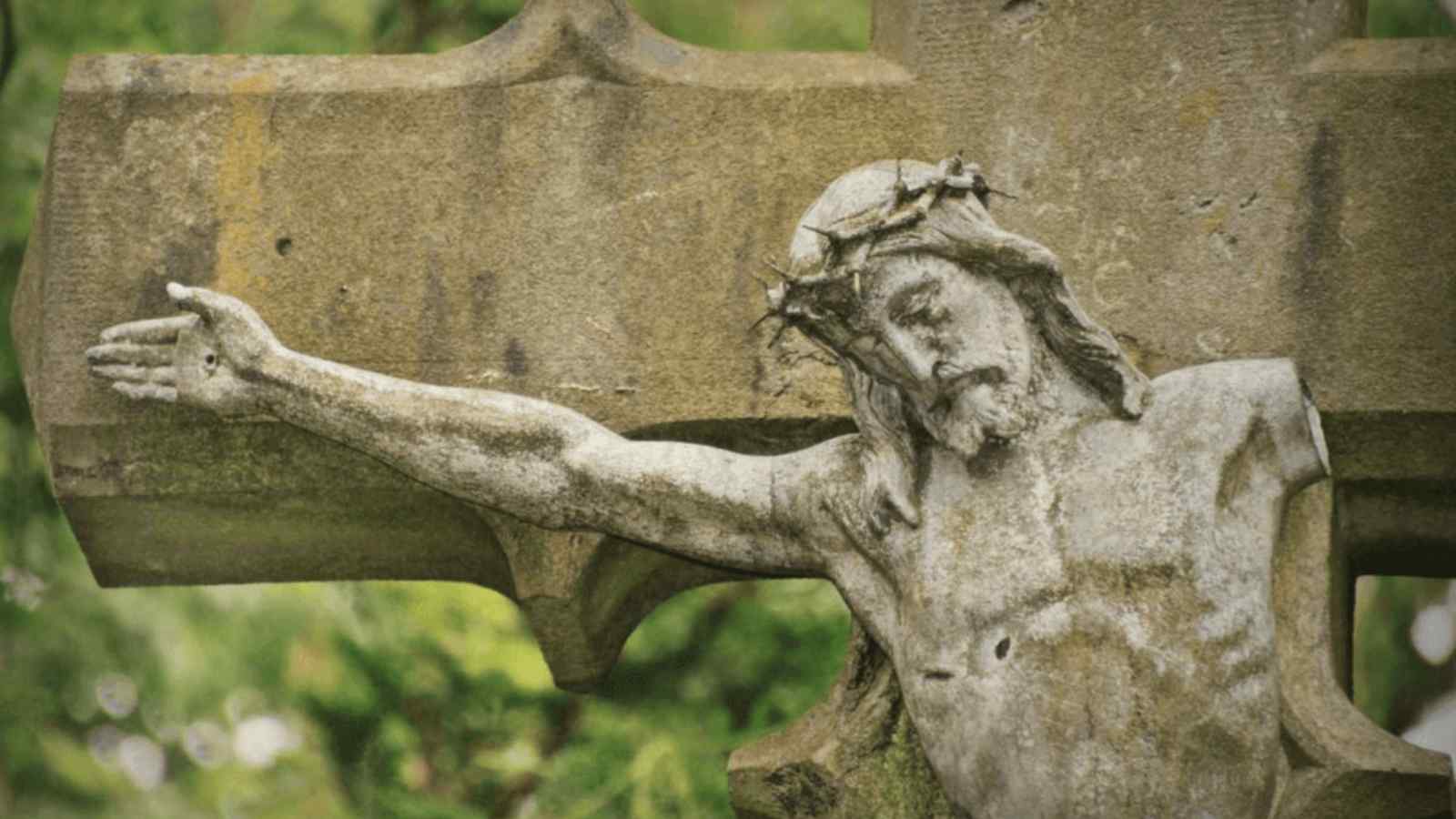Holy Experiment Day is an annual holiday observed on March 4 to promote toleration of religious practises that differ from our own. The significance of the event commemorated by the holiday is also a precedent for the fundamental principles upon which the founding of Pennsylvania and, ultimately, the United States was founded: religious tolerance, diversity, and representative government. William Penn Jr., the son of English Admiral Sir William Penn, was instrumental in the establishment of the colony. Informed by his early experiences in England, where members of the Quaker sect were persecuted for their beliefs, he envisioned a colony full of people who embraced faith and were tolerant of the religions of others.
HISTORY OF HOLY EXPERIMENT DAY
William Penn chose the term ‘Holy Experiment’ to describe the ideal government he established on the territory of modern-day Pennsylvania, which the British monarchy granted to him as repayment for a debt owed to his father. Holy Experiment Day aims to commemorate the significance of the event in American history and its significance to the nation’s existence. In 1681, after witnessing the brutal intolerance of minority religious sects in Britain and being imprisoned himself, William Penn sought to establish a colony of people who embraced faith and were tolerant of the religions of others in the territory he had discovered.
Penn’s belief that the charter signed by King Charles II granting him 29 million acres of land was a divine gift gave rise to the term. He believed it was divine confirmation that he should proceed with his plan to create a safe haven for religious minorities, stating, “that an example may be set to the nations: there may be room there, but not here, for such a holy experiment.”
As a member of the Religious Society of Friends, also known as Quakers, Penn believed that their knowledge of and communion with God’s divine authority would result in the successful establishment of their principles, which included religious and political freedom and general pacifism. Thus, the first law of the new colony guaranteed freedom and tolerance for all religions that “confess and acknowledge one Almighty God as the Creator, Upholder, and Ruler of the world.” After the first few years, political, economic, and even religious conflicts would work against the Experiment’s spiritual foundation, proving Penn’s mission to be false.
Today is Holy Experiment Day, a day for experimenting with various religions, forms of worship, and forms of prayer. People share their faith and beliefs with their family, friends, and community members. They then consider the beliefs of others or experiment with a different religion for a day. All of this encourages the greater community to be more tolerant and without bias.
National Grammar Day 2023 (US): Date, History, Activities, Significance
5 THINGS YOU DIDN’T KNOW ABOUT WILLIAM PENN
Due to Penn’s death, the Experiment failed.
The Holy Experiment failed after eight years due to the death of William Penn and conflicts between Quakers and non-Quakers over the formation of a Pennsylvania-backed militia that contradicted Quaker beliefs.
Penn was an early Quaker convert.
After befriending the religion’s founder at the age of 22, he became an early adherent.
He shared ownership of New Jersey.
Penn was also an early investor in the Americas, and he and 14 other Quaker investors once owned a large portion of what is now the State of New Jersey.
Oxford expelled him
In 1662, he was expelled from Oxford’s Christ Church College for failing to attend the required Anglican Sunday services.
The greatest non-royal landowner
After receiving the 29 million-acre land grant, Penn became the largest non-royal landowner in the world.
HOLY EXPERIMENT DAY DATES
| Year | Date | Day |
|---|---|---|
| 2023 | March 4 | Saturday |
| 2024 | March 4 | Monday |
| 2025 | March 4 | Tuesday |
| 2026 | March 4 | Wednesday |
| 2027 | March 4 | Thursday |



